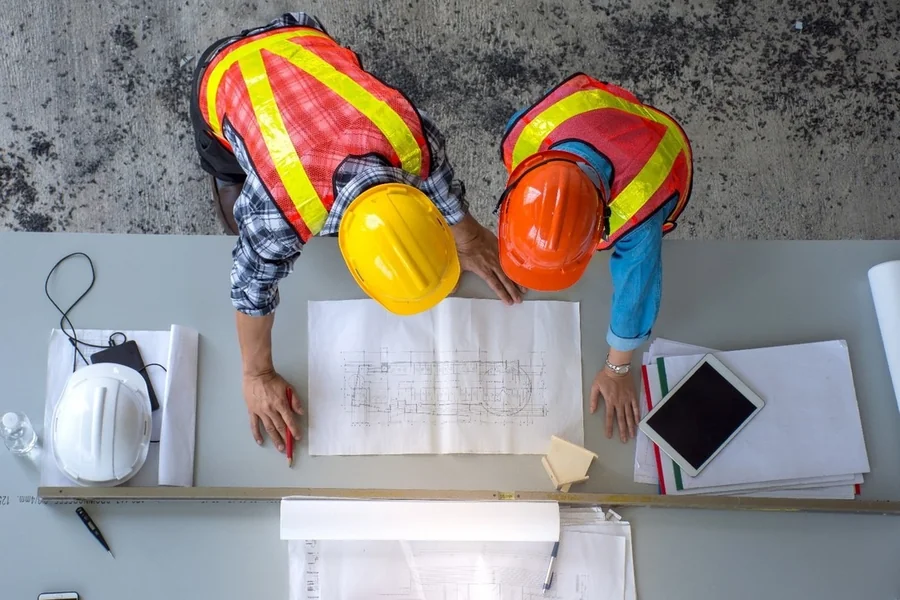
Unexpected incidents at oilfields can leave you reeling, unsure of your next move. Whether you’re a worker, manager, or family member, knowing what to do in the immediate aftermath is key to protecting your health, your rights, and your future. This post walks you through the essential steps after an oilfield accident, from first response to legal considerations. You’ll also discover the importance of partnering with qualified support when it matters most.
Responding Immediately After the Incident
Get Everyone to Safety
The first and most urgent step following an oilfield accident is ensuring everyone’s safety. Remove injured individuals from immediate danger if you can do so safely. Quickly notify supervisors and emergency personnel on site. Many oilfield environments have designated first responders; utilize their expertise.
Seek Prompt Medical Attention
Even if injuries seem minor, always get medical attention as soon as possible. Certain injuries, like concussions or internal trauma, may not be immediately obvious. Tell paramedics or medical staff exactly how the incident occurred and list all symptoms, no matter how minor they seem. Keep copies of all medical records related to the incident; these may be critical later.
Secure the Scene
Once it’s safe and the authorities are notified, preserve the scene for official investigations. Do not clean up or move equipment unless directed by safety managers or investigators. Photographs and witness statements collected in these moments provide vital evidence.
Reporting and Documentation
Notify Your Employer
Timely reporting is more than a policy requirement; it’s a legal necessity after an oilfield accident. Report the incident to your supervisor or designated safety officer as soon as feasible. Most companies have forms or digital systems for accident documentation. Fill these out with as much detail as possible while the incident is still fresh in your mind.
Gather Detailed Evidence
Documentation is invaluable. Take photos of the scene, equipment, visible injuries, and anything else relevant. Ask witnesses for written or recorded statements. Save every medical record, communication with your employer, and copy of the official accident report. This thorough documentation supports your case in health, insurance, or legal proceedings.
Don’t Discuss on Public Platforms
Avoid the urge to share incident details on social media or public forums. Comments made online—even those meant to update friends or family—can sometimes be used out of context or against your interests during investigations or legal action.
Understanding Your Rights
Know Your Legal Protections
Oilfield workers in the U.S. are protected by various safety regulations, including OSHA’s standards for the oil and gas industry. Depending on the details of your accident, you may be entitled to workers’ compensation, medical benefits, and wage replacement. Some cases may also involve third-party liability, especially if equipment vendors, contractors, or outside agencies played a role in the incident.
Workers’ Compensation Basics
Most employers must carry workers’ compensation insurance. This can cover medical bills, some lost income, and rehabilitation costs. Report injuries promptly, follow medical advice, and keep all documentation secure. If you’re unsure about the claims process, consult an expert for guidance.
When to Seek Legal Support
Serious injuries, unclear liability, or denied claims are strong reasons to get help from legal professionals. Houston-based attorneys specializing in oilfield accidents possess in-depth experience with complex regulations, company procedures, and insurance negotiations. They can help ensure your case is properly managed and that you receive what you’re entitled to.
Steps for Moving Forward
Focus on Recovery
Physical and emotional recovery takes time. Follow all medical recommendations and attend follow-up appointments. Talk to your employer about returning to work only when cleared by a medical professional. If you need time off, make sure it’s documented and communicated through official channels.
Access Counseling or Peer Support
The high-risk nature of oilfield work can make accidents psychologically traumatic. Many companies offer counseling or employee assistance programs. Don’t hesitate to reach out, whether for a single conversation or a longer support plan. For insights on industry practices, visit Trends Magazines.
Stay Organized
Keep all records—from medical bills and accident reports to correspondence with employers and legal professionals—in a dedicated file. This organization helps if your case is reviewed, payment is delayed, or policies change.
Building a Safer Oilfield Future
Accidents are never expected, but how you handle them makes all the difference. Safety training, regular equipment checks, and transparent reporting aren’t just boxes to tick; they’re investments in your well-being and your coworkers’. Encourage open dialogue with supervisors about hazards and near-misses to help prevent future incidents.
Your Path After an Oilfield Accident
Handling the aftermath of an oilfield incident may feel overwhelming. By moving quickly to secure safety, document every detail, and seek professional support, you protect both your recovery and your rights. Reliable information and expert guidance are your best allies when facing the uncertainty of a serious workplace incident.
If you need personalized help, resources are available. Many Houston-based attorneys specializing in oilfield accidents offer free consultations to get you started on the right path. You don’t have to handle the aftermath alone, as highlighted on msgmagazine.
